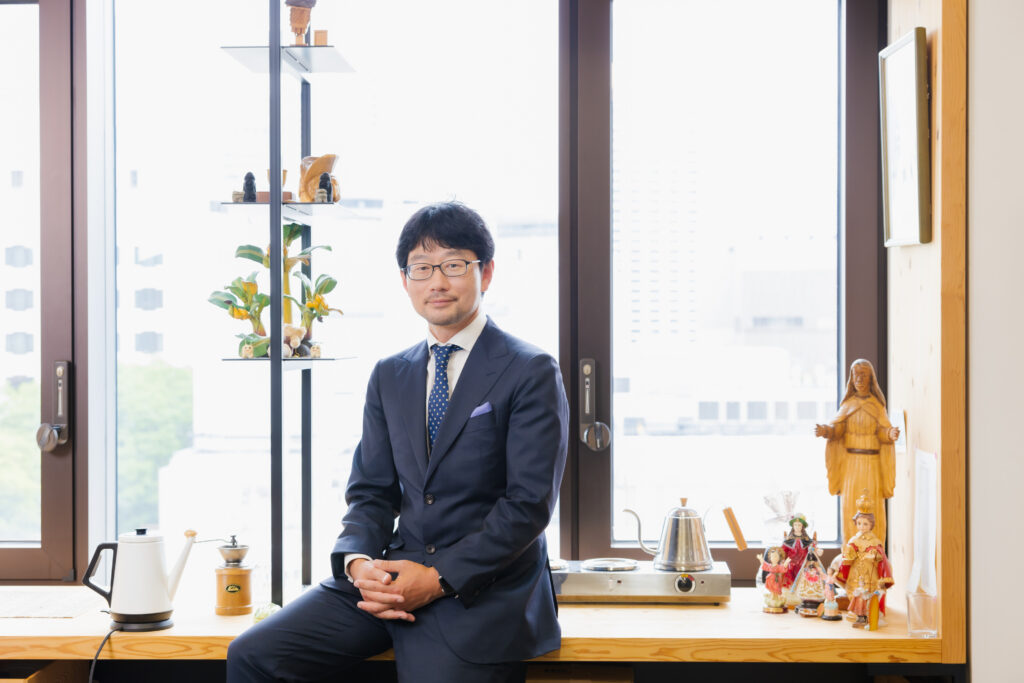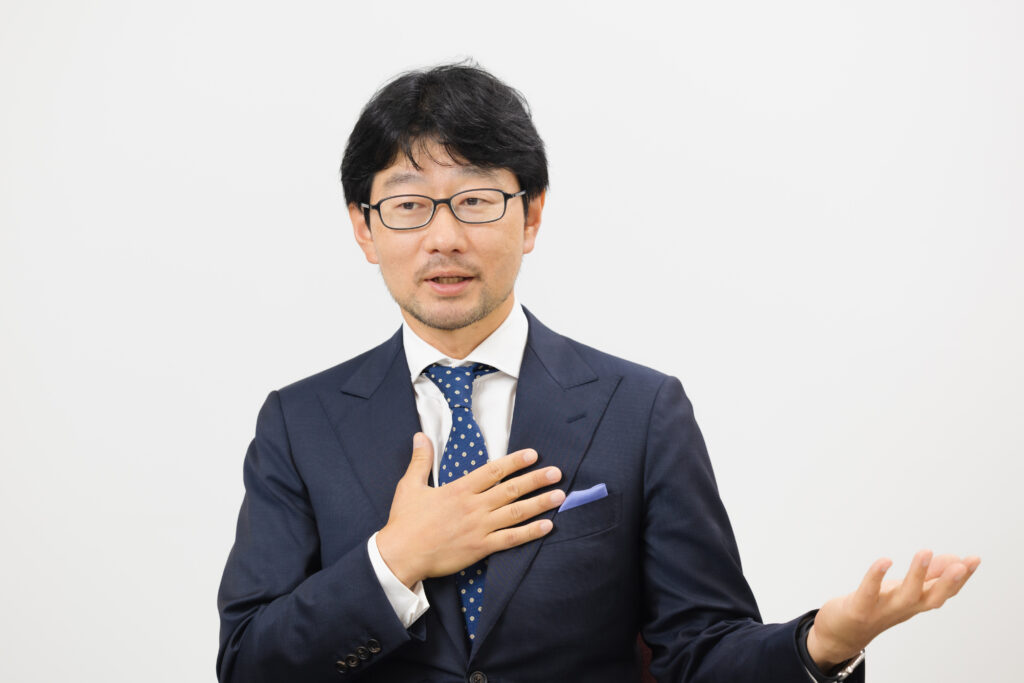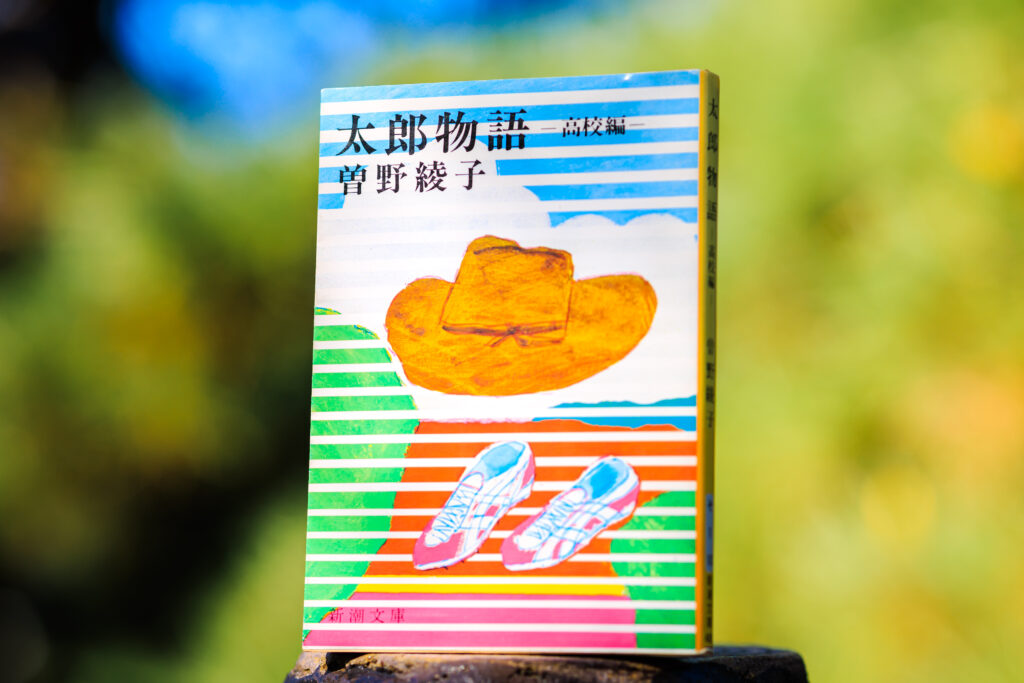
Professor Shintaro Fukutake of the Faculty of Global Studies specializes in cultural anthropology, and studies the effects and changes that the market economy has brought by drawing on his experiences with coffee farmers in Timor-Leste. We asked him what he finds interesting about cultural anthropology, a field that aims to gain fresh perspectives by understanding different cultures.
My expertise is in cultural anthropology, and my studies focus on regional communities mainly throughout Southeast Asia. My main research topic is “Coffee cultivation and changes in lifestyles in highland communities of the Democratic Republic of Timor-Leste.” For around twenty years, I have been studying the way society has been changing in line with growth of the market economy, where locals earn a livelihood by growing and selling coffee.
Timor-Leste is a new country that gained independence in 2002 following a turbulent history, including becoming a Portuguese colony, civil war, and invasion by Indonesia. The money economy was not prevalent in mountainous regions before the country’s independence—such regions had been dominated by a “gift economy,” where local people mainly gave and received items between their neighbors or close relatives. A money economy similar to developed countries began to take hold after independence, however this led to changes in the relationships that people had and created new issues related to poverty.
Money makes people poor—what is true affluence?

“Mourning ceremonies” are a common ritual in Timor-Leste—after someone passes away and villagers go out of mourning, buffalos are sacrificed and shared amongst the guests at those ceremonies; the extended family of the deceased must come together and donate many buffalos. If the deceased person was the father of a man’s wife, the son-in-law needs to provide two buffalos, which cost around $1,000 each. Yet the average annual income derived from coffee cultivation is between $500 and $1,000, so this represents a massive strain that far exceeds the average income. People eventually end up taking out loans to purchase the buffalo, but in many cases they are unable to pay off the interest and so have to give away their coffee fields—social issues like this have become very prominent.
International aid organizations and the Timor-Leste government have expressed views indicating that ceremonies like these result in waste, and that without these ceremonies communities would not fall into poverty. This is indeed the mindset of societies where the money economy is the norm, but personally, I am of a different opinion: Ceremonies are not what make people poor, money is. Before the introduction of currency, villagers lived their lives raising buffalos and mutually assisting other families—this had been the essence of communities since time immemorial. Rather than looking at things based on our own established views and preconceptions, what would things look like if we took the perspective of villagers living in those communities, and applying their values? What significance would this have, and what exactly is the wealth of the people? I delve into all of these questions as part of my research.
Cultural anthropology gives rise to critical thinking and fresh viewpoints
I have conducted research and studies in refugee camps and various other locations, using my experience working for international NGO cooperation activities. I also hope to provide the public with an insight by giving lectures and writing books about my research on coffee—I want everyone to discover more about the people who make their daily coffee, and find out more about the world.
Today, society is going through a transition period in so many ways. Countless issues have been identified—political, economic, international relations—and call for new systems to be designed and developed. This will require critical thinking and viewpoints that go beyond social norms, and cultural anthropology is the perfect platform for developing the required skills. I believe that local perspectives gained by understanding the cultures of remote regions will be useful for addressing global issues.
The book I recommend
“Taro Monogatari(Koko hen)”(Taro Story (High School Years))
by Ayako Sono, Shincho Bunko

Depicts the story of the main character Taro who, while struggling with his studies and friendships, sets off down a path of becoming a cultural anthropologist. I encountered this book when I was feeling unhappy and frustrated with society and adults in my high school years—it is one of the books that inspired me to study cultural anthropology.
-
Shintaro Fukutake
- Professor
Department of Global Studies
Faculty of Global Studies
- Professor
-
Graduated from the Faculty of Literature, Sophia University, and received his Ph.D. from the university’s Division of Foreign Language Graduate Program in Area Studies. Held positions such as Associate Professor at the Department of Intercultural Studies at Nagoya City University Graduate School of Humanities and Social Sciences, Associate Professor at Sophia University’s Faculty of Foreign Studies, before assuming his current position in 2016.
- Department of Global Studies
Interviewed: May 2022